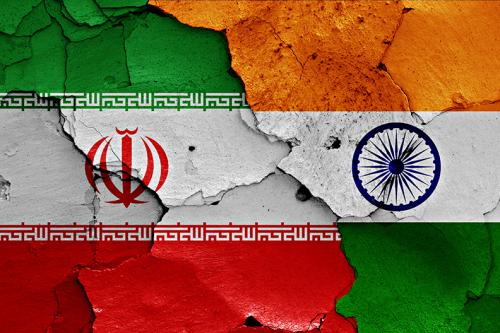Pakistan on Monday topped 100,000 coronavirus cases, becoming the 16th country to cross the six digit-mark, the Health Ministry said.
With 4,728 new additions over the last 24 hours, Pakistan’s virus tally has reached 103,671, surpassing Saudi Arabia, and landing the country at the 15th spot in terms of COVID-19 infections.
The Kingdom is just behind Pakistan with 101,914 cases.
Pakistan coronavirus cases pass 100,000; healthcare system in danger
Meanwhile, another 62 patients lost their lives in the said period, bringing the virus-linked death toll to 2,067.
As many as 32,581 patients have recovered.
According to the official statistics, authorities have so far conducted 660,508 tests across the country with a population of around 200 million.
Health experts attribute the increasing number of virus cases to the lifting of a prolonged lockdown late last month, warning that the country’s already weak health system could crash soon if the tally continues to surge at the current pace.
With hospitals overwhelmed and a sharp rise in the number of deaths, Pakistan’s delicate health system is bracing for an imminent peak of coronavirus cases.
Government officials claim the situation is “under control,” but health authorities believe the already stretched health system is unable to handle the lurking influx of COVID-19 patients.
Read more: Coronavirus impact on Pakistan’s hospitals increasingly negative
In the country’s two most populous cities of Karachi and Lahore, hospitals are already struggling because of a sharp increase in COVID-19 patients in recent weeks.
Some major private hospitals are turning away patients because of the shortage of beds.
“Most of the hospital beds have already taken by patients, limiting our ability to handle the influx of COVID-19 cases, mainly in the big cities,” Dr Faiyaz Alam, an office-bearer of Pakistan Islamic Medical Association (PIMA), a nationwide body of medical professionals said.
Coronavirus cases surge after easing of lockdown in Pakistan
Pakistan is the second worst-hit country in the South Asian region after India, the fifth worst-affected country in the world.
Prime Minister Imran Khan, however, has ruled out the possibility of another strict lockdown, saying the elitist idea would collapse the economy and increase poverty.
“Only solution the world has discovered is smart lockdown which allows for economic activity with SOPs [standard operating procedure],” he tweeted on Sunday.
wanting a lockdown – the elite who have the privilege of spacious homes & income unaffected by fallout of lockdown. A lockdown means collapse of the economy & in poorer countries a steep rise in poverty, crushing the poor as happened in Modi's lockdown in India. Only solution as
— Imran Khan (@ImranKhanPTI) June 6, 2020
Pakistan lifted its lockdown on May 9, about two weeks before the Eid al-Fitr festival that marks the end of the Islamic holy month of Ramadan and is celebrated with family gatherings and feasting. Transport and most businesses have re-opened but cinemas, theatres and schools remain closed.
There has been growing debate among experts globally on whether populous developing nations can afford comprehensive social distancing measures to contain the coronavirus while avoiding economic ruin.
Experts say measures that could curb cases – like limits on religious gatherings and crowded shopping areas and emphasising social distancing – should be reinstated and some doctors are raising the alarm.
Yet even those advocating rolling back strict lockdowns in developing nations are alarmed at the teeming crowds in Pakistan’s streets, shopping malls and mosques, the ramping up of domestic flights, and the movement of millions of people for the Eid holiday.
“It’s not about this dichotomy between complete lockdown and fully open,” Ahmed Mushfiq Mobarak, a professor of economics at Yale University said.
He said a smarter strategy would be to allow people out for core economic and public health activities, rather than a total relaxation of rules.
Economic impact of coronavirus
The coronavirus has had a massive impact on economies around the world, as well as in Pakistan.
Pakistan’s traditional mango exports take a hit from the economic havoc wreaked by the coronavirus pandemic, as exporters fear a huge decline in export of the fruit this year. This is another headache for the government of the largely agrarian economy, as it seeks to make a return to normalcy after it eased lockdowns.
Read more: Pakistan’s mango exports stalled by coronavirus pandemic
Suspension of international flights, closure of borders, rising freight fares, and on top of all, contracting demands altogether are likely to decline the country’s mango exports by 35% to 40% this year.
Last year, Pakistan exported 130,000 metric tons of mangoes to the Middle East, Europe, the US, Japan, Australia and other countries.
This year, however, according to Waheed Ahmed, a leading fruit exporter and president of Pakistan Fruits Exporters Association, the country is expected to export not more than 80,000 metric tons of mangoes.
“Pakistan had earned over $90 million through mango exports alone but it will not be more than $50 million this year due to present coronavirus conditions,” Ahmed told Anadolu Agency.
Anadolu with additional input by GVS News Desk














